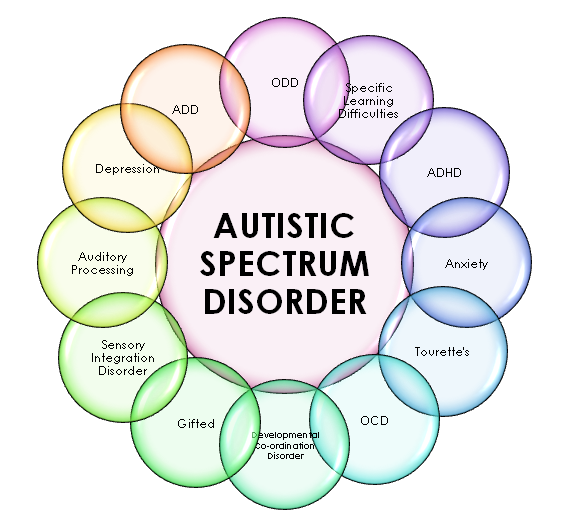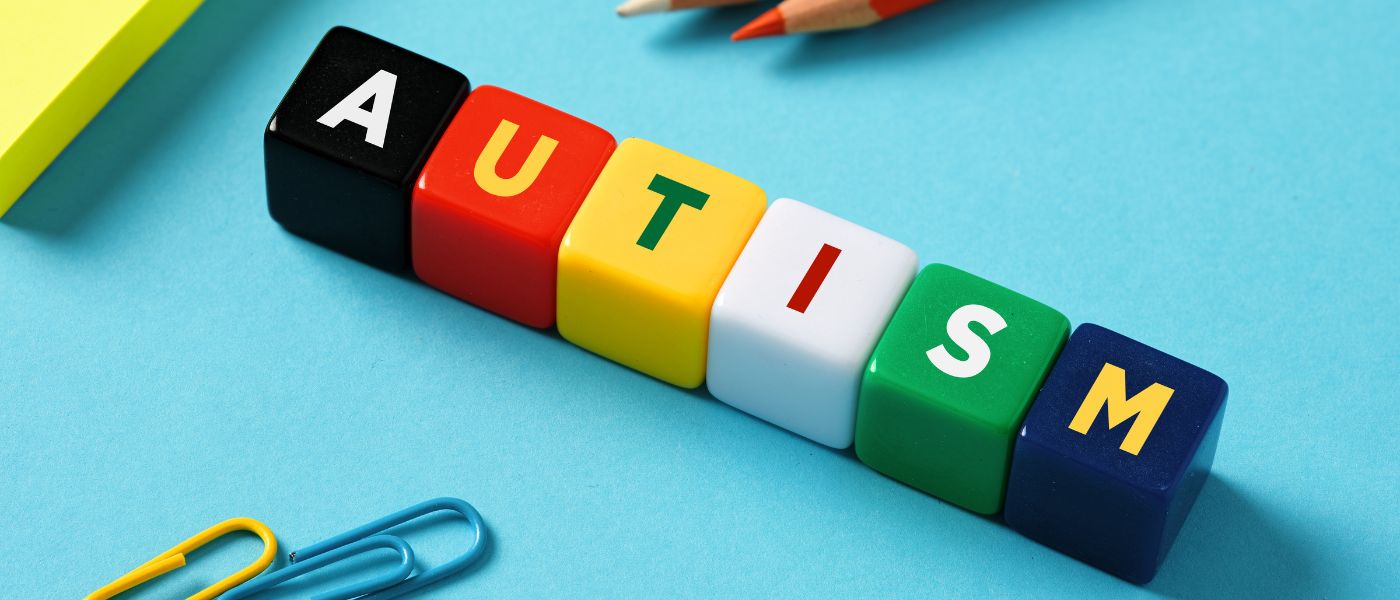Recognizing Autism: A Comprehensive Overview to Symptoms And Signs
Autism Spectrum Condition (ASD) encompasses a large array of characteristics that can considerably influence a person's social interactions and day-to-day performance. Understanding these nuances not just aids caretakers and teachers in giving ideal support however likewise fosters a more inclusive atmosphere for people with ASD.
Introduction of Autism Spectrum Condition
Specifying Autism Spectrum Disorder (ASD) includes acknowledging it as an intricate neurodevelopmental problem identified by a series of obstacles in social interaction, interaction, and behavioral patterns. The term "range" shows the large irregularity in signs and symptoms and their extent, which can differ significantly from one person to one more. ASD typically shows up in very early childhood years, although some individuals might not get a diagnosis until later in life.
Elements influencing the development of ASD consist of ecological variables and hereditary proneness, although the precise causes continue to be under examination. Diagnosis usually relies upon behavioral evaluations, as there are no definitive medical tests for ASD. Early intervention is critical and can considerably boost end results, concentrating on improving communication skills, social interactions, and adaptive habits.
People with ASD might additionally display one-of-a-kind strengths, such as remarkable attention to detail or specific locations of competence. Understanding the multifaceted nature of ASD is crucial for fostering a comprehensive environment that accommodates neurodiversity. Continued study is essential for establishing reliable treatments and assistance systems, enabling people with ASD to thrive and fulfill their prospective within culture.
Usual Indicators of Autism
Identifying the usual signs of Autism Spectrum Problem (ASD) is crucial for early identification and intervention. These indicators can vary extensively in extent and discussion, however specific features are often observed in people with ASD.
One of the most prevalent indications is a marked trouble in keeping and establishing eye contact. Individuals may likewise show minimal interest in social interactions and show a choice for solitary play. Repeated behaviors, such as hand-flapping, rocking, or spinning items, frequently emerge early in childhood years. Furthermore, some kids might develop stringent routines and become distressed if these regimens are interfered with.
Sensory sensitivities are additionally typical; people might panic or underreact to sensory stimulations, such as structures, sounds, or lights. autism. Language advancement can be atypical, with some children displaying delayed speech or using language in unusual means, consisting of echolalia-- duplicating expressions or sentences heard in other places
It is vital to keep in mind that not every person with ASD will show all these indicators, and the level of these habits can differ significantly. Early acknowledgment permits timely support and resources, enhancing the high quality of life for those on the spectrum.
Social Interaction Obstacles
Social interaction difficulties are a characteristic of Autism Spectrum Condition (ASD), impacting a person's ability to involve successfully with others. These troubles can manifest in various methods, including obstacles in starting and keeping conversations, recognizing social signs, and responding appropriately in social interactions.
Individuals with ASD might have problem with nonverbal communication, such as eye get in touch with, faces, and body movement. This can lead to misunderstandings, Extra resources as their communicative intent may not be correctly translated by others. They may locate it hard to understand the subtleties of tone and context, which are crucial for reliable communication.
In group setups, individuals with ASD might really feel overloaded and may not recognize just how to sign up with in conversations (autism). They could also display irregular conversational patterns, such as monologuing concerning particular interests without recognizing social reciprocity
Furthermore, these difficulties can result in social isolation or problems in forming connections, as peers may misunderstand their actions or communication style. Understanding these social communication difficulties is essential for promoting helpful environments that advertise social skills growth and boost the quality of interactions for people on the autism range.
Sensory Feedbacks and sensitivities
Many people with Autism Spectrum Condition (ASD) experience enhanced sensory level of sensitivities that can significantly impact their day-to-days live. These sensitivities may manifest as over-responsiveness or under-responsiveness to sensory stimulations, including audios, lights, textures, tastes, and smells. As an example, an individual with ASD may discover day-to-day sounds, such as a vacuum cleanser or crowded settings, overwhelmingly traumatic, leading website here to anxiety or disasters. Conversely, some may display an indifference to discomfort or severe temperatures, which can posture security issues.
Sensory processing distinctions in individuals with ASD can additionally affect their capacity to take part in social interactions and regular tasks. A child that is delicate to touch might stand up to physical affection or prevent certain clothing materials. A choice for specific textures or preferences can limit dietary alternatives and produce challenges during nourishments.
Recognizing these sensory sensitivities is crucial for recognizing the one-of-a-kind experiences of people with ASD. Recognition of their sensory profiles can cultivate far better interaction and assistance approaches, producing an atmosphere that suits their demands and improves their top quality of life. Inevitably, acknowledging sensory level of sensitivities is an important part of comprehending the broader spectrum of autism.

Supporting Individuals With Autism
Reliable support for people with Autism Range Disorder (ASD) is vital for boosting their overall wellness and cultivating freedom. Support techniques must be tailored to meet the distinct requirements of each person, considering their strengths and challenges.

Social skills training can also play an essential role. autism. Involving individuals in team tasks or role-playing situations can enhance their capacity to navigate social interactions. Additionally, it is necessary pop over to these guys to enlighten family participants, caretakers, and peers about ASD to cultivate a inclusive and supportive neighborhood
Verdict
To conclude, a detailed understanding of Autism Spectrum Disorder is essential for recognizing its symptoms and signs. Early recognition of typical characteristics, such as social communication obstacles and sensory sensitivities, enables caretakers and instructors to implement reliable treatments. By fostering enhanced interaction and social skills, people with autism can browse their atmospheres much more efficiently. Eventually, raised recognition and support can considerably boost the high quality of life for those affected by ASD.
Autism Range Disorder (ASD) incorporates a large array of qualities that can considerably affect an individual's social interactions and day-to-day performance.Individuals with ASD might struggle with nonverbal interaction, such as eye call, face expressions, and body language.Several individuals with Autism Spectrum Problem (ASD) experience increased sensory sensitivities that can significantly affect their daily lives.Sensory handling distinctions in people with ASD can likewise impact their ability to involve in routine activities and social communications.Comprehending these sensory sensitivities is vital for recognizing the one-of-a-kind experiences of individuals with ASD.